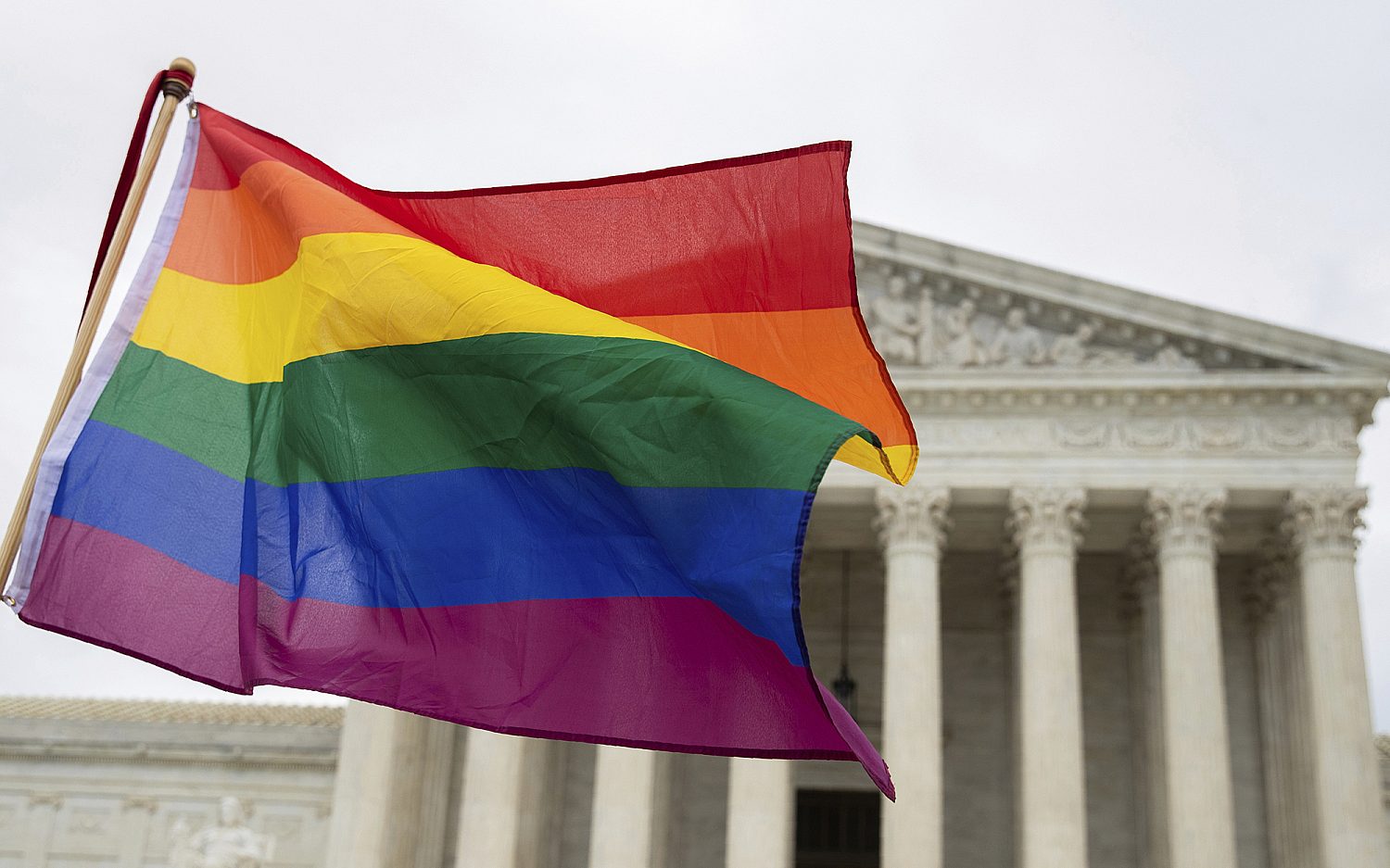For-profit college collapse could create massive bill for taxpayers
Corinthian Colleges, the beleaguered for-profit chain, has not only shuttered all of its remaining 28 campuses, but has also filed for Chapter 11 bankruptcy. Monday’s filing for the troubled company listed $143 million in debt and less than $20 million in assets. The abrupt campus closures left more than 16,000 students in limbo, uncertain of their academic and professional futures.
The U.S. Department of Education quickly stepped in to notify the stranded students that they could have their federal debts forgiven. The only catch is that they must give up the credits they earned while students of Corinthian’s schools.
“You can have the credits you paid for or you can relinquish the credits if you want the money back. … Students can have one or the other, but not both,” said Ted Mitchell, undersecretary at the Department of Education.
For many students, particularly those who were just a few credits away from completing their degrees, the prospect of cashing in their debts and starting over is overwhelming.
“A lot of us are devastated,” Dylan Low, a student at Everest College Ontario, told the Los Angeles Times. Low was pursuing an associate’s degree in criminal justice and only had three classes left.
The alternative, attempting to transfer credits to another institution, is a tricky process. Many for-profit colleges like Corinthian have nontraditional accrediting arrangements, making it unpopular for other schools to accept their credits for transfer. Other colleges are also wary of the increasingly toxic reputation of for-profit schools, which have suffered an onslaught of federal investigations and charges over the last year for fraudulent graduation placement rates and deceptive advertising practices.
If even a fraction of Corinthian’s newly adrift students opt to trade their debt for a fresh start, U.S. taxpayers would be responsible for millions of dollars in debt refunds. That bill could skyrocket into the billions.
A group of former Corinthian students whose campuses were sold instead of closed are risking a student loan strike in the hopes of eliciting loan forgiveness from the federal government. Because their campuses were not simply closed, they are not eligible to trade in their credits for debt relief. Instead, they have filed “defense to repayment” claims with the Department of Education. This little-known and infrequently used part of the law allows students to have their loans forgiven if they’ve been the victim of fraud. The students contend their credits are worthless and the Department of Education should have done a better job protecting them. If the students are successful, the precedent could open the floodgates to thousands of other students in similar circumstances.
Mitchell said the Department of Education is committed to reviewing the “defense to repayment” claims to ensure that they meet legal criteria.
In a blog post, Noah Black, vice president of public affairs for the Association of Private Sector Colleges and Universities, said the idea that the students affected by last week’s closures should give up the credits they’ve earned “reflects a separation from reality.”
“To start back at zero is an insult to their hard work and shows a lack of understanding of the opportunity cost borne by these students, many of whom are working, raising a family, and going to school,” Black said.
The Associated Press contributed to this report.
An actual newsletter worth subscribing to instead of just a collection of links. —Adam
Sign up to receive The Sift email newsletter each weekday morning for the latest headlines from WORLD’s breaking news team.





Please wait while we load the latest comments...
Comments
Please register, subscribe, or log in to comment on this article.